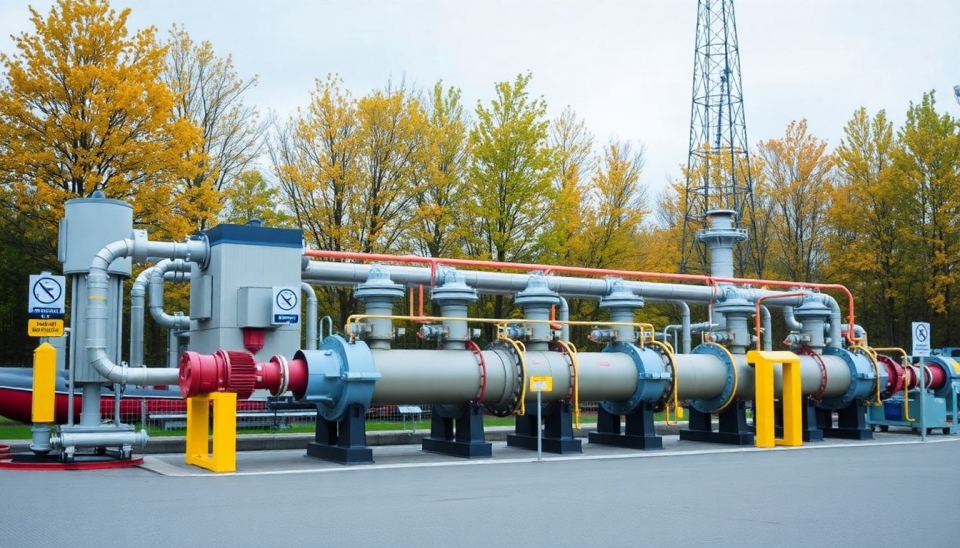
In a significant move towards enhancing renewable energy safety, the German government has unveiled plans to require new photovoltaic (PV) systems to be equipped with an innovative remote shutdown feature. This initiative aims to improve the management of solar energy installations, particularly in emergencies, ensuring both safety and efficiency.
The proposed regulation is part of Germany’s broader goals to accelerate the transition towards clean energy while maintaining robust safety protocols. As the country continues to expand its solar power capacity, the authorities recognize the importance of being able to quickly disable systems when necessary, such as during extreme weather events or in the case of fires.
The remote turn-off capability would allow operators to halt the operation of solar panels from a distance, a functionality that can be critical in urgent situations where traditional access to physical systems might be obstructed or dangerous. This approach, officials argue, not only enhances safety for emergency responders but also helps in reducing potential damage to both the solar installations and surrounding environments.
Regulations for existing solar systems are not currently under review; however, there is an anticipation that this new requirement may lead to advancements in technology and standards across the sector. The push for such innovations comes amidst ongoing discussions in Germany regarding energy independence and sustainability, particularly in the wake of fluctuating international energy markets.
Germany has been a frontrunner in renewable energy initiatives and the addition of smart technologies, such as remote monitoring and operation capabilities, stands to solidify its commitment to a greener future. The new regulation is expected to be introduced for public comment early next year and could be implemented in incoming installations as soon as the following compliance year.
With safety and efficiency at the forefront of this initiative, stakeholders from various sectors, including the solar power industry and environmental advocacy groups, are closely monitoring the developments. There is a consensus that while the regulatory framework is crucial for safety, it must align with the broader goals of expansion in renewable energy utilization.
The German government's proposal is just one of the many steps being taken globally to enhance the resilience and reliability of solar power systems, as nations push to integrate more renewable sources into their energy portfolios. As the world moves towards a more sustainable future, such regulations may serve as a template for other countries looking to increase their use of solar energy while ensuring safety protocols are firmly in place.
As this initiative takes shape, interested parties, including energy firms, policymakers, and sustainability advocates, are encouraged to provide feedback on the proposed measures. With the deadline set for public commentary looming, it presents a timely opportunity for industry individuals to contribute their perspectives and experiences to shape the future of solar energy systems in Germany.
#Germany #SolarEnergy #RenewableEnergy #SafetyProtocols #PVSystems #EnergyTransition #SustainableFuture #RemoteShutdown
Author: Emily Collins




